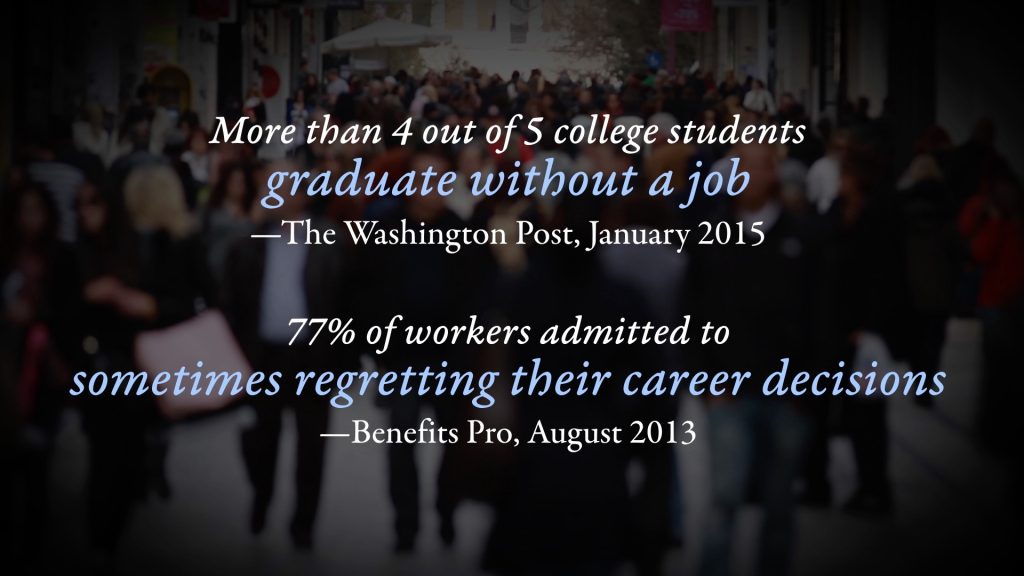I have provided advanced talent assessment services in Tucson AZ for over 20 years.
Dr. Brunner has been providing a full array of services for over 20 years. His specialties include providing Tucson services for Autism care and support.
Behavioral science is expanding so rapidly that it is offering a larger and larger Swiss Army knife of cutting edge options. Advanced psychological techniques can often make the deepest cut into the source of the pressing problem. But you need to choose the right “blade” to cut deep enough and at the right angle.

Rest assured! One of my favorite professional activities is to provide very brief but effective and transformative consultation!
Aside from choosing the right blade, read this blog to know how to choose the person who can best use the blade you choose: 12 questions to ask a counselor, therapist, or mentor you’re considering seeing
From 15 years of practicing as an expert in psychological assessment, here are some assessments unfamiliar to many people and what you can get answers to:
1. “Does my child have a serious problem or are they just acting like kids do?” One of my most common activities is meeting with a parent for one brief consultation meeting in order to counsel them to know how to handle specific behaviors and also to figure out if the behaviors are just a part of normal development. A favorite parent counselingblog I have written is: “Accelerating your child’s development by understanding their developmental stages”
2. “My kid hates to read, but they are really smart”. I commonly counsel children that do not like to read and there is a multiplicity of potential reasons for this. To effectively counsel the child into a way of wanting to regularly read – which is a critical way to develop the brain – takes a true effort to understand what is really going on deep inside of the child, including assessment for any clinical or learning problems, as well as focusing issues or problematic family dynamics. Often, we find counseling solutions that can include listening to audiobooks rather than visual reading, which continues to enhance the child’s brain development as language processing is still occurring. Read my blog about how to use summer to fill any skill gaps so that the next academic year goes as smoothly as possible.
3. “What is my level of parenting fitness?” Following divorce, it can be critically important for parents to assess their parenting talents and liabilities, especially if the situation is conflictual or is going to be legal. After having conducted custody evaluations, now call legal decision-making evaluations, for the last 10 years, it is clear to me that a psychological assessment can help a parent had off serious problems with the co-parenting and/or the child. See my 2-part blog about why it’s important for children to see a counselor if their parents have gotten divorced.
Part 1 and Part 2

4. “My kid has gotten a bunch of different diagnoses. What is REALLY going on?” The true nature of emotional, behavioral, or learning problems is only discoverable following precise mapping of the functional characteristics of the problem(s). Pattern identification. All too often because pediatricians and/or schools do not have time to do in-depth assessment, children receive unwarranted diagnoses and/or are disciplined at school for problems that are actually rooted in clinical or learning disability issues. By working with a counselor who is a child psychologist, you can ensure that problems are accurately identified which can save thousands of dollars and migraine headaches. See my co-presentation about common but dangerous developmental derailers that professionals often miss.
5. “Why am I exhausted when I wake up?” Too many people rush to their primary care physician for medication when there are brief or in-depth assessments of lifestyle and pre-bedtime routines that can result in behavioral solutions preventing the need for medication. There is a grouping of scientifically validated psychological techniques that can dramatically improve sleep with very brief and focused sleep counseling.

6. “What school/college is right for my child/adolescent?” Choosing the best school for next year is about finding the best goodness of FIT between your child’s personality and learning style and what is offered in your community. With a dizzying amount of exploding educational options, a brief consultation with a local and experienced child or adolescent psychologist can quickly lead to generating a table that contains all of the critical categories that you can use to systematically compare all of the educational options. Changing schools is becoming more and more common. I provide a school-focused consultation given my deep background in working inside of schools as a school counselor and psychologist.
Experienced counselors have the inside word on the quality of the leadership at your local schools and can also help you piece together a learning plan that involves both online classes as well as on-site learning.
The beauty of using a counselor who has psychological expertise to develop a learning plan is they can assess your child’s unique personality so you choose the school that is deeply synced to your child. Be aware! There are a lot of “fluffy” personality evaluators out there.

7. “I am not very happy with my career or college major.” College students on average change majors approximately six times. The vast majority of adults report being unhappy with their career choice. Both of these depressingly problematic situations that often lead to clinical problems like depression and/or anxiety, are often due to the fact that an in-depth career guidance counseling process was never used. See our movie about our systematic, methodological process leading to a True Fit college major or career.
8. “My child has special needs and the school does not seem to be customizing their teaching approach to my child”. Very brief and focused evaluations can hone in on concisely describing your child’s learning style, which can give you a roadmap of how you can talk to either the teacher or the teaching team and/or lead to the establishment of a 504 or Individualized Education Plan. And even if an effective evaluation occurs, unfortunately, parents have sometimes needed me to sit in on parent school meetings in order to help the parents advocate for their child’s needs.
9. “We want to adopt (or have) a child, but we are not sure if we are ready.” Brief and focused evaluations can be done to help potential parents evaluate their parenting strengths and skill gaps, and lead to very specific information about how they can fill in their skill gaps. These evaluations can also be done before parents approach a certain adoption agency, so that they are better prepared to go through the process.
10. “I have test anxiety but I need to do well on a certain test (MCAT/LSAT/SAT/etc.) or need to perform better in the game or at the competition”. Read my blog about how sports psychologist will increasingly drive the future of high-performance athletics.

11. “Are we ready to get married?” Approximately two out of three marriages fail. In other words, the statistics are working against you, and yet marriage remains one of the few institutions which can lead to the greatest human growth. Understanding whether you and someone else can actually get married and stay married demands the deepest level of intelligence possible, which can only be obtained through the most advanced psychological techniques. Find a counselor who has psychological expertise, who can turn both of you inside out, so you can see if your insides matchup as well as you had perceived they might.
12. IQ/Giftedness assessment: Read my blog why and how you have your child assessed for giftedness. Remember, don’t over focus on the overall IQ number, it is often misleading, especially if your child is either gifted, or they have a condition like autism, which can lead to inappropriate focus on the overall IQ number. More experienced child counselors who have psychological expertise understand how to focus on the right numbers in the overall IQ profile. IQ is not a number; it is a profile in the end.
Other kinds of brief but deep cutting evaluation that are very specific include as follows:
Learning disability evaluation: A focused assessment can precisely identify where in the learning process your child struggles. Often they struggle in multiple places, which is why an in-depth assessment is important to take a snapshot of how your child’s brain processes information. This can allow your child to take control of their learning process. Parents are often surprised at how much happier children are once they undergo this evaluation and then, at least in my office, we draw up a map on my conference dry erase board of their learning process. They feel like they can take control of their learning and no longer think of themselves as stupid.
Second opinion of whether you or your child has a diagnostic condition. These days it is more and more common to get a second opinion.
Remember, counselors who have psychological expertise not only have a Swiss Army knife of blades at their disposal, but also can forge a completely customized blade. Always feel free to ask the potential counselor you’re thinking of working with for samples of their evaluation reports. In my practice, I not only make reports easily available but also have clients who have said they are willing to talk to potential future clients.
